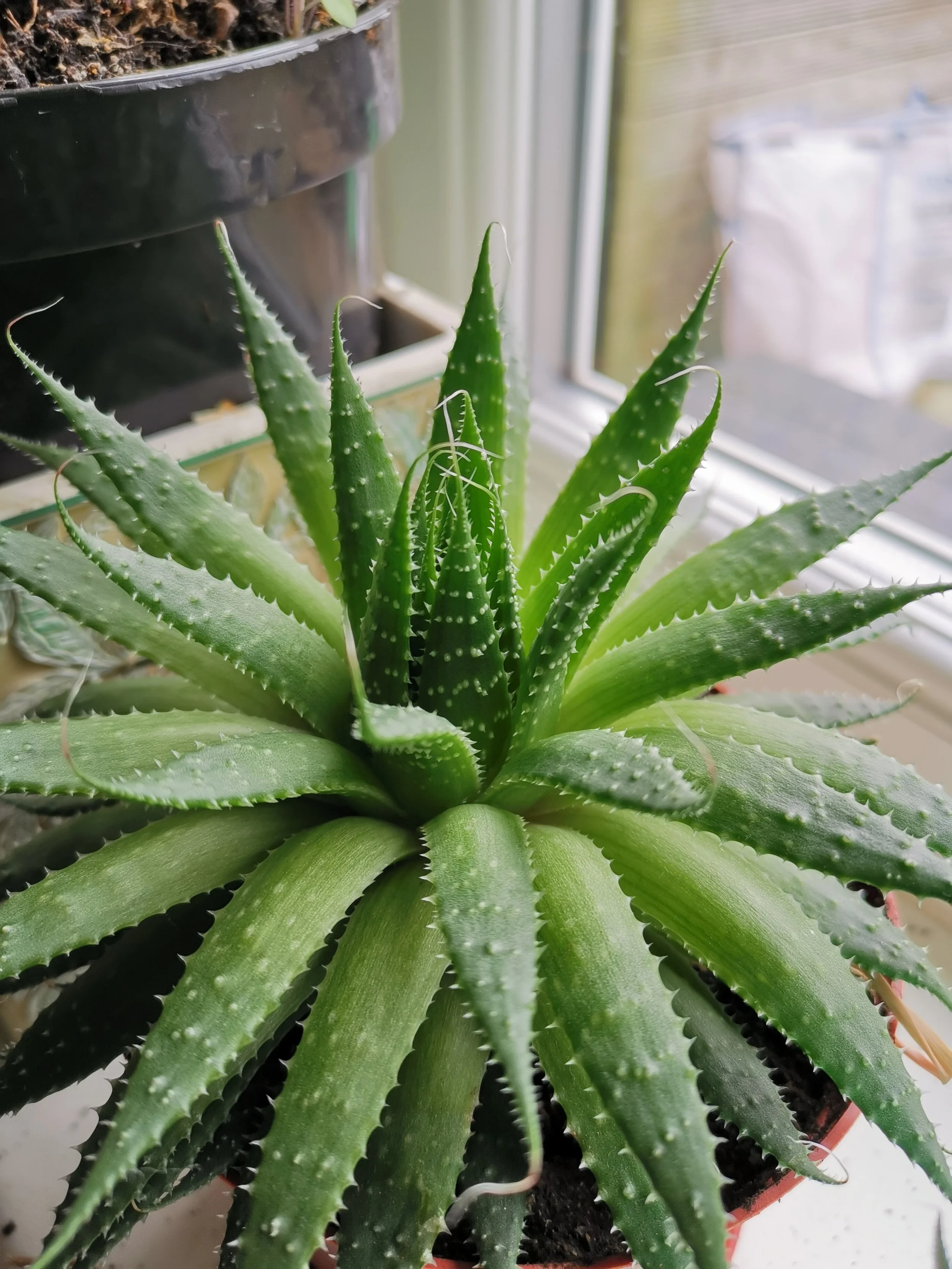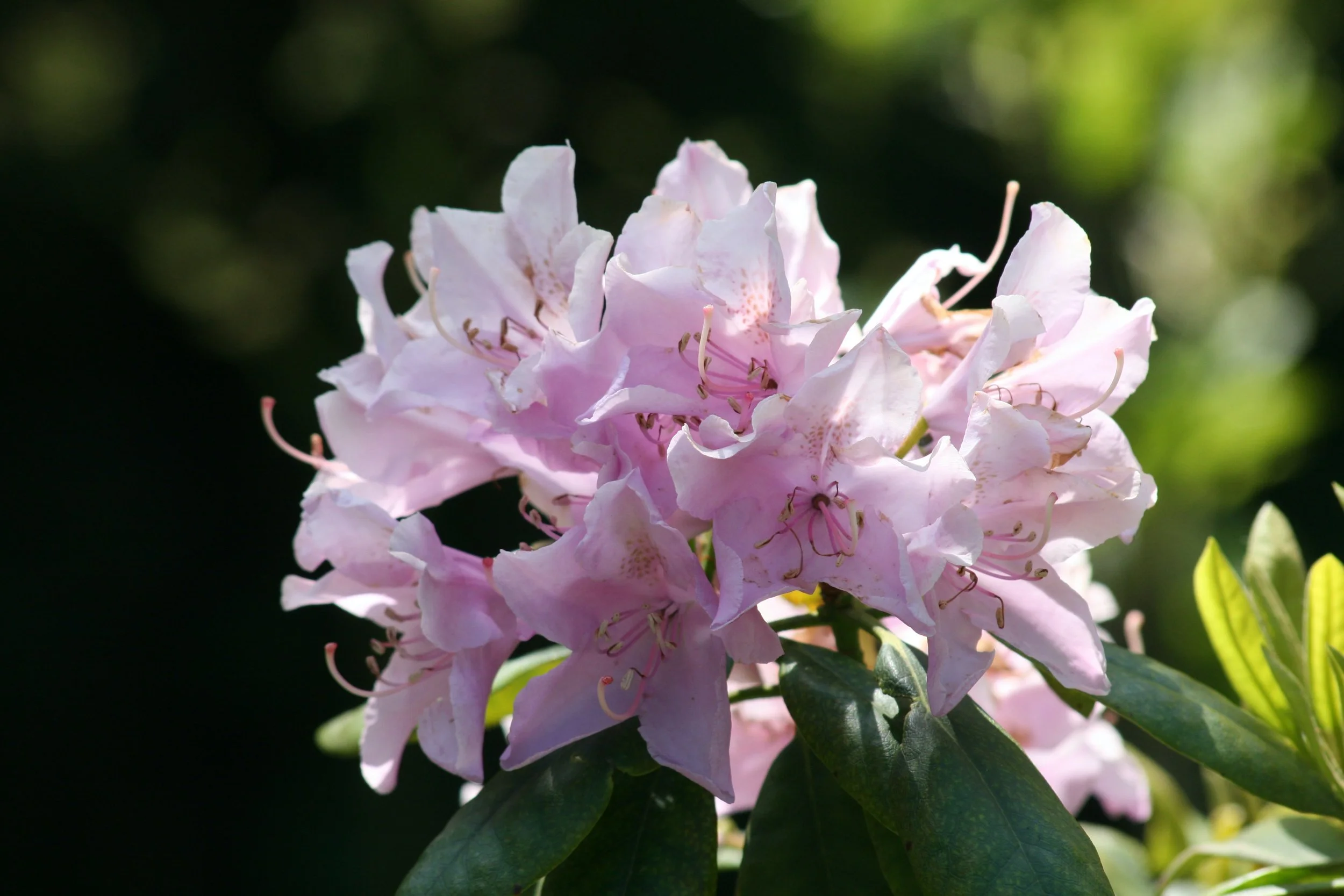7 Toxic Houseplants Your Dog Should Avoid
Like most Millennials, I am completely obsessed with my pet and my plants. As a greenery-loving pup parent, I’ve to be cautious about what plants I purchase as some can be toxic to dogs. Here are a few you should not keep in your home if you own a canine companion.
Dumb Cane
While speaking to Reader’s Digest in 2021, Dr. Shelly Zacharias, DVM, shared that Dumb cane “contains calcium oxalate crystals, which are similar to microscopic pieces of glass resembling needles.”
“Chewing or ingesting it causes toxicity. Common symptoms are vomiting, swelling of the mouth and/or throat, severe oral pain, pawing at mouth or eyes, severe skin irritation, agitation, coughing, gagging, and hypersalivation,” stated Dr. Zaharias.
Aloe Vera
Photo by Jude Smart on Unsplash
Some people like having Aloe Vera on hand as it is beneficial for the skin. However, the bad outweighs the good when it comes to our furry friends. If a canine companion eats the succulent, they will likely experience stomach issues, fatigue, and tremors.
Lily of the Valley
Photo by Julia Kicova on Unsplash
Lilies of Valley can look gorgeous in any household. However, you need to keep your dog away from this plant as it is highly toxic and may even cause your canine to have a seizure.
Snake Plants
Photo by Stephanie Harvey on Unsplash
The snake plant is quite popular because you don’t need to have a green thumb for it to thrive. If your furry friend consumes the sansevieria they will have adverse effects like vomiting and diarrhea.
Azalea
Photo by Tina Xinia on Unsplash
While Azaleas are beautiful, they can be deadly if ingested.
Tomato Plant
I’m here for anyone trying to grow their food. I also have a particular fondness for tomatoes. That being said, it is not advisable to have a tomato plant in your house if you are a pup parent. The plant can cause stomach problems and decreased heart rate.
Sago Palm
Photo by Courtney Smith on Unsplash
According to Dr. Christie Long, DVM, the sago palm can cause major issues if ingested.
“If consumed by your dog, the sago palm causes severe vomiting, diarrhea, and abdominal pain, as well as stumbling, tremors, seizures, and temperature-regulation issues. Ultimately, it causes liver failure, and death can occur with ingestion of an amount as small as a single seed,” shared the veterinarian during an April 2021 interview with Reader’s Digest.
Thumbnail Photo Credit: Stephanie Harvey on Unsplash







